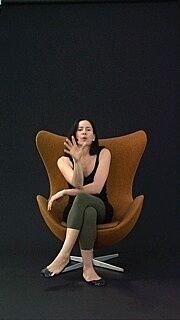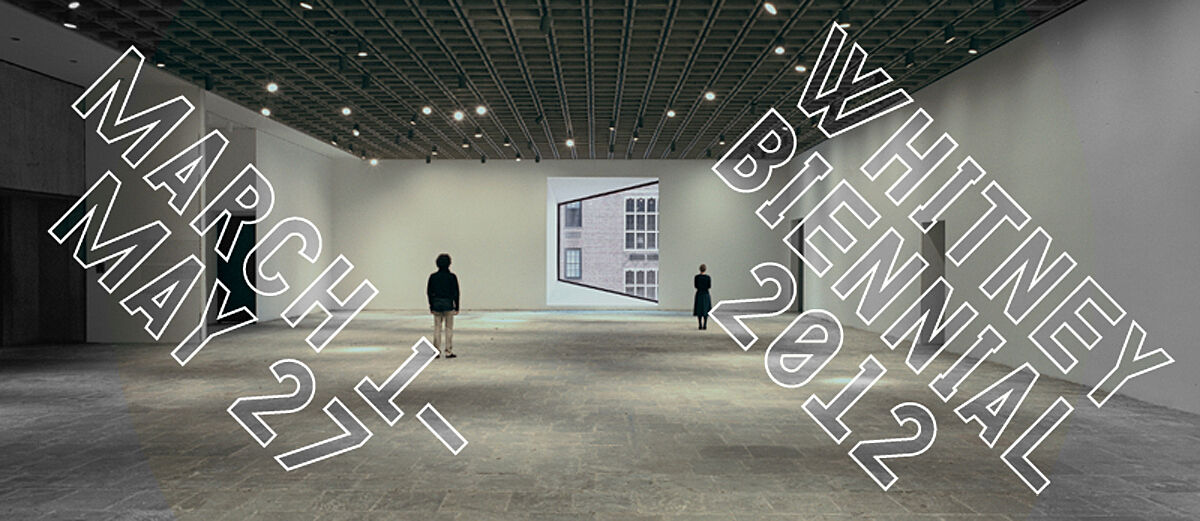Andrea Fraser
Born in 1965 in Billings, Montana
Lives and Works in Los Angeles
Andrea Fraser’s contribution to the Biennial is an essay, "There's No Place Like Home," available to read in the exhibition catalogue and presented here as a downloadable PDF. The form of Fraser’s contribution reflects her longstanding engagement with art discourse, which for Fraser encompasses all that participants in the art world write and say about art and their own art-related activities. Fraser’s previous work has taken the form of museum tours and audio guides, art lectures and panel discussions, exhibition brochures, critical essays, and, indeed, even wall texts such as this (in fact, the artist wrote this text herself). Following the principle of critical reflexivity that has guided her work since the mid-1980s, Fraser’s essay here not only takes the form of art discourse but also focuses on the role of art discourse in the art world today. The artist elaborates on the contradiction between what art is socially and economically—often, essentially, high-valued luxury goods and investment vehicles—and what artists, critics, curators, and historians say that art does and means. She suggests that this contradiction reflects fundamental conflicts that have intensified along with income inequality and that art discourse, rather than reveal these conflicts, often serves instead to distance, disown, and conceal them. As such, Fraser writes, participants in the art world who perform these operations in art discourse “not only banish entire regions of our own activities and experiences, investments, and motivations to insignificance, irrelevance, and unspeakability, we also consistently misrepresent what art is and what we do when we engage with art and participate in the art field.”
Also available for download here is Fraser’s essay “L’1% C’est Moi,” written in August 2011 for the Berlin-based publication Texte zur Kunst, which focuses on the direct relationship between art-market trends and income distribution. The essay’s title refers to the statement “l’état, c’est moi” (“the state, it is me“), attributed to Louis XIV and often evoked to illustrate the principle of absolute monarchy, as well as to Gustave Flaubert’s famous remark, “Madame Bovary, c’est moi.”


